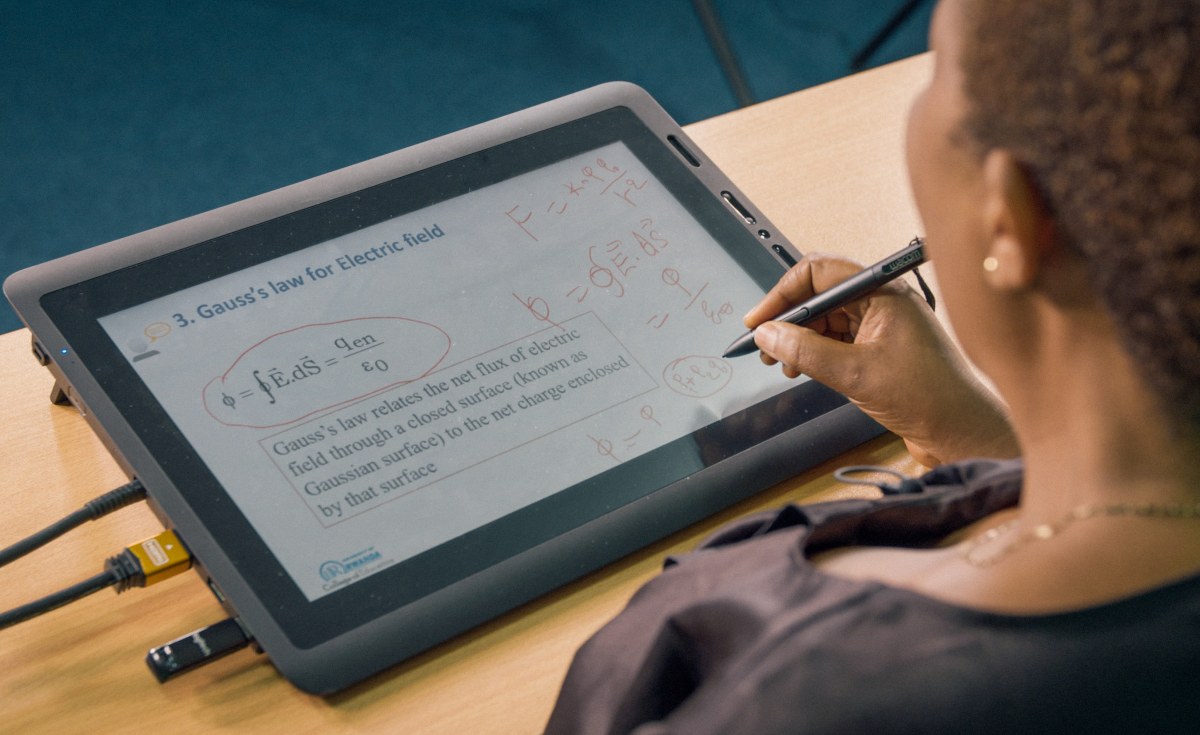The Angola- Portugal relationship dates back to when Angola became a sovereign state in November 1975.
Upon independence, the two countries made ways for the establishment of diplomatic relations but that was preceded by the opening, by Portugal, in January 1976, of its Consulate General in Luanda, the Angolan capital, which then paved the way for the signing of diplomatic relations between the two nations on March 9, 1976.
Since then, both nations have expanded their relations which are built on the historical, cultural, economic, political, and commercial contexts.
Though along the line, the Portuguese–Angolan relations have been hindered by their historical past and by Angola’s internal issues, the end of Angola’s civil war in 2002, as well as the stability and peace that followed rejuvenated mutual efforts on both sides to advance their bilateral relationship.
The relations between the two countries extend to areas such as government actions, political, and diplomatic dialogue, health, education, justice, and security among others.
However, just like any two different parties in a relationship, relations between the two nations have suffered some setbacks at different points in time but they have come back stronger and better.
Prominent among issues that strained the relationship between the two countries was the indictment for corruption of former Angolan Vice President Manuel Vicente and his trial in Portugal in 2018.
The friction was, however, calmed when a Portuguese court decided that Angola’s former vice president Manuel Vicente can face a corruption trial in Angola instead of Portugal.
In the aftermath of this, since 2019, both nations have sought to strengthen bilateral ties and current political and economic relations between the two are strong.
In terms of trade, Angola is a key trading partner with Portugal and the third largest recipient of investments from Portugal. Angola is also the tenth largest foreign investor in Portugal and it remains one of the main destinations for exports from Portugal.
Portugal’s presence in Angola’s trading space is dominant in areas such as construction, food and beverage, and the banking sector while Angola’s activities range from energy to telecommunications and banking.
Both countries over the years have supported each other with legislations and policies such as the elimination of double taxation, review of investment promotion and protection agreement to ensure effective trade.
The growth in trade between the two was reflected in the second quarter of 2021 when data showed Portugal was Angola’s second largest supplier.
As the former colonial master of Angola, one would have expected a not too cordial relationship between both countries but the reverse is the case. This is so because Portugal and Angola’s relationship is tied to mutual dependency on both sides and as such is likely to continue to strengthen given the intertwining of private investments and the mutual outlook of getting entry platforms into the wider market for the two sides.
For instance, Portugal is a major point of entry for Angola to invest in Europe so also Angola serves as an entry point for Portugal to invest in other African countries hence they need each other.
In furtherance of strengthening the diplomatic ties between them, both countries have approved a bilateral protocol on the facilitation of national visas for ordinary passports to aid youth mobility, and also for health and work reasons.
The interconnectivity between the two countries is also evident in the number of nationals of one country in the other and vice-versa.
Data from consular statistics show that around 100,000 Portuguese nationals work in Angola, just as quite several Angolans also seek greener pastures in Portugal.
In other words, both sides enjoy a cultural tie that resonates across all areas and gives their citizens a sense of belonging as exemplified in the just concluded Angolan Presidential election where over 6,000 Angolan residents in Lisbon, Portugal were provided with polling booths to vote and exercise their electoral right despite being miles away from home.
In the area of educational, scientific and technological cooperation, both countries since their first agreement in that aspect in 1987 have gone ahead to engage in more collaborations. The most recent being the one signed earlier this year to strengthen scientific, technological and academic relations between them.
The agreements under this aspect are based on academic, scientific and innovation cooperation partnerships, between the higher education institutions and scientific research and development institutions in both countries.
Angola and Portugal also have existing agreements in areas of defence and military cooperation. Since the coming on board of a 1996 comprehensive Defence Cooperation Agreement, Portugal has taken it as a responsibility to train and provide logistic and administrative support to the Angolan Armed Forces to enable them to function professionally within the framework of democratic rule.
Over the years, technical-military cooperation between the two countries has been one of the few areas unaffected by bilateral political
negligence.
Agreements on other prominent issues such as climate change, maritime security and women’s issues among others are also reviewed intermittently to accommodate new or restructured ideas needed to meet the exigencies of time.
Though the relationship between both countries has been like a rollercoaster, it has undoubtedly produced many success records and has brought more gains to both parties as they look forward to better days.
It is therefore only hopeful that ties between them are enhanced to bring about more even development across the socioeconomic landscape of both countries.


